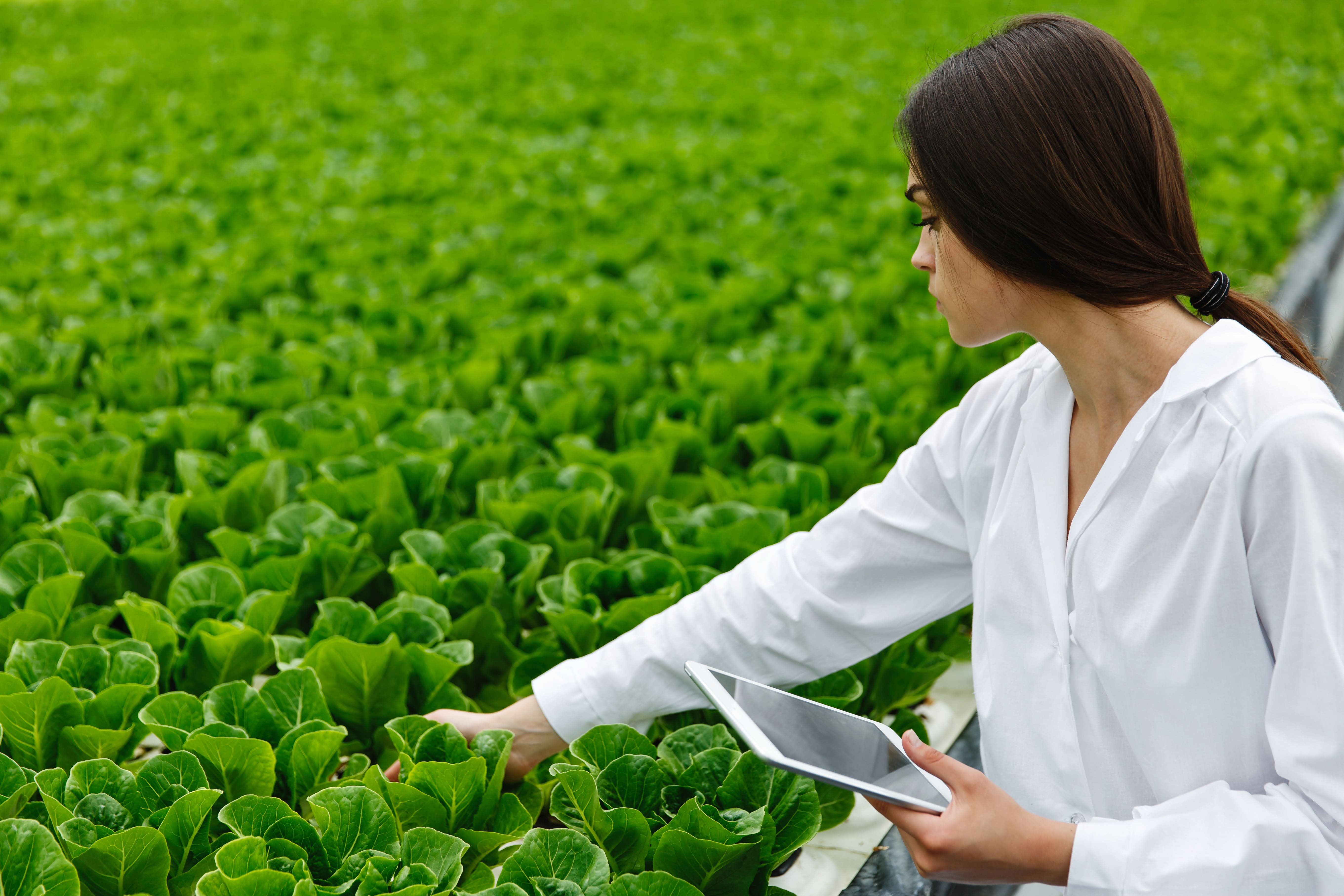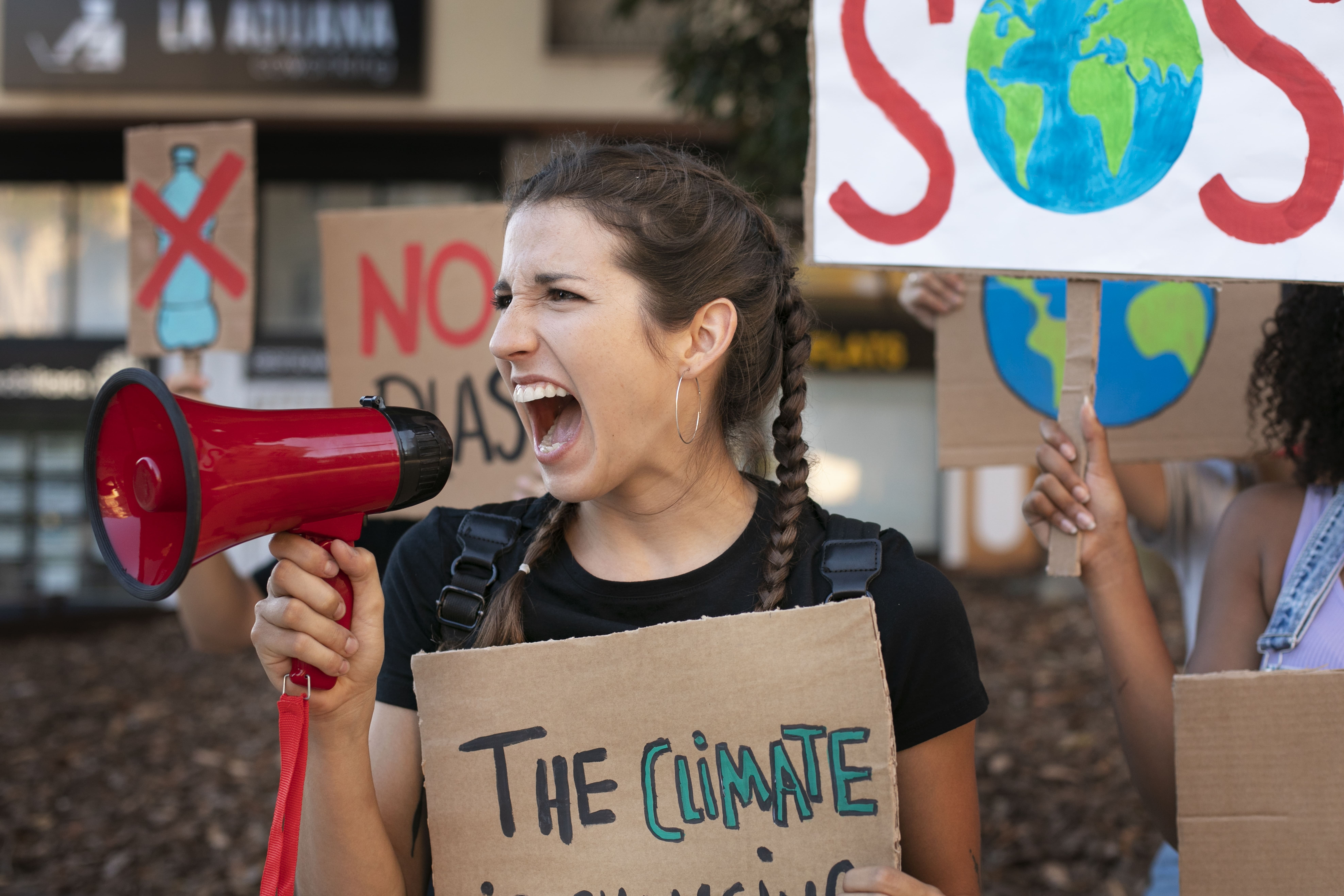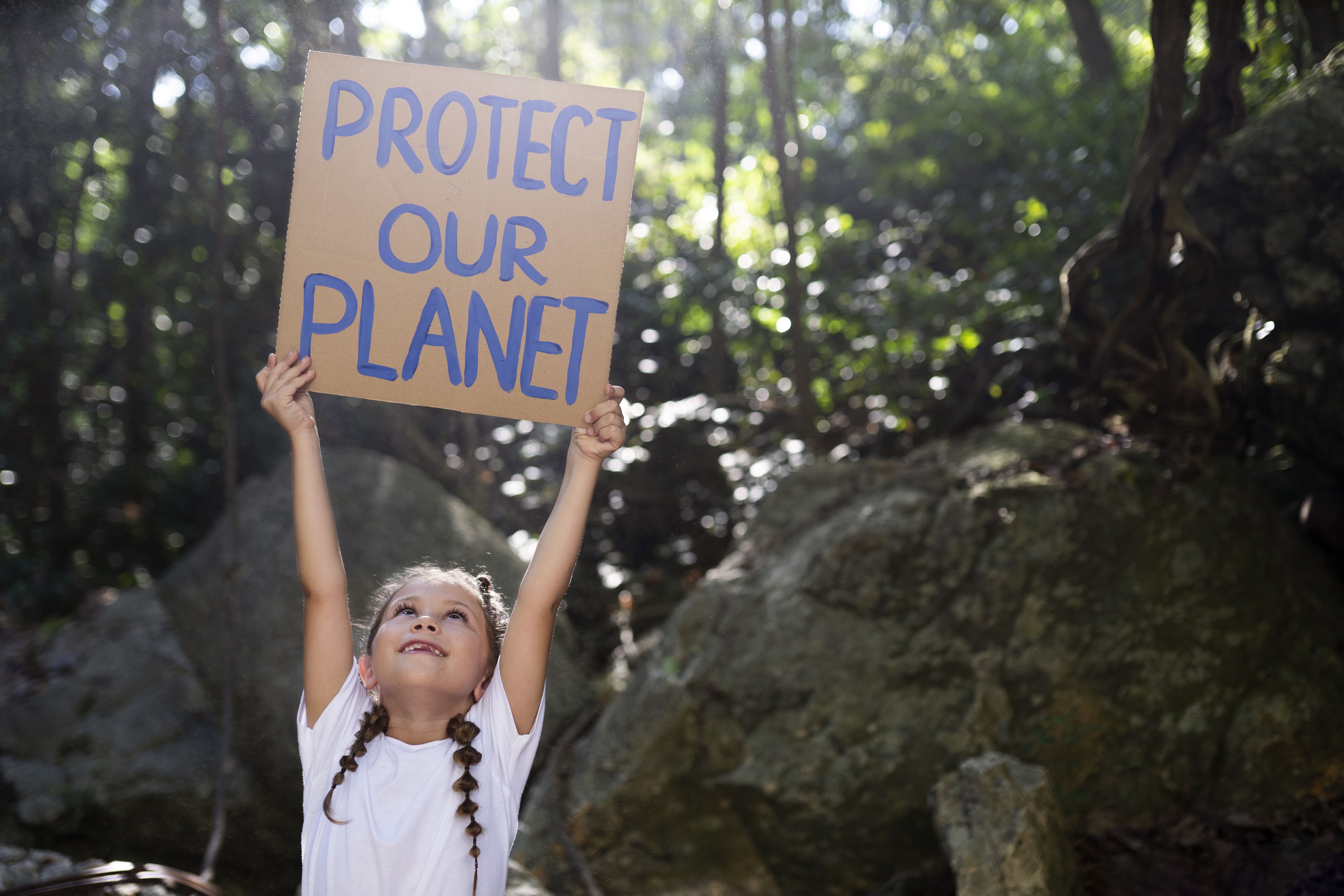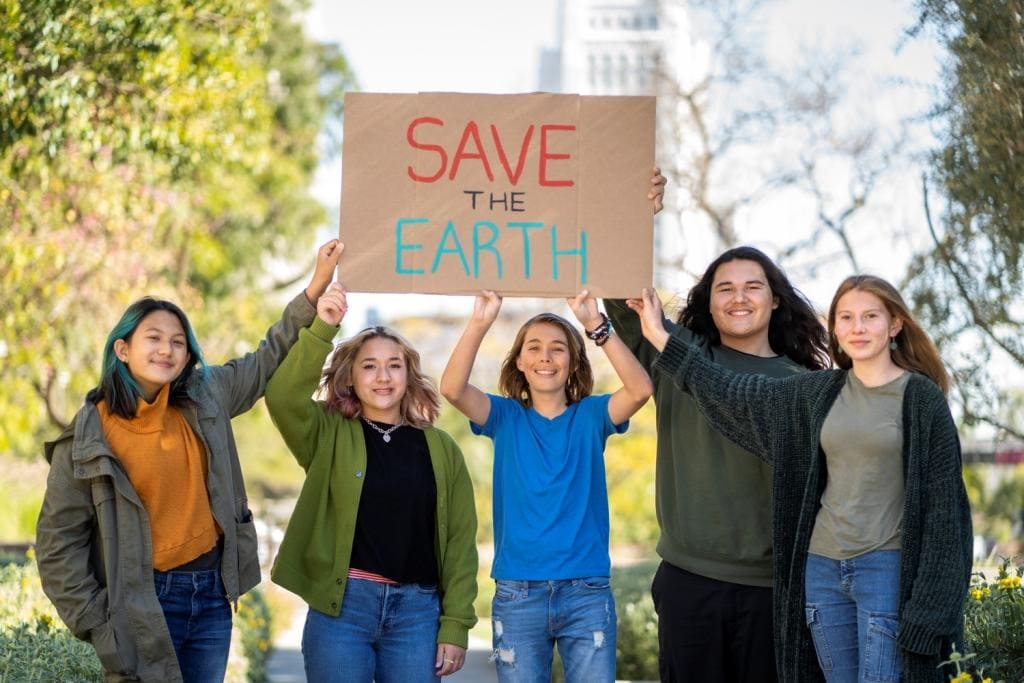Climate change has become one of the most pressing challenges of our time, with far-reaching consequences for our planet and future generations. As we seek effective solutions, the role of women in environment preservation and combating climate change has emerged as a powerful force for positive change. Women around the world are playing pivotal roles as leaders, innovators, and change-makers, bringing unique perspectives and contributions to the forefront of environmental sustainability. In this article, I explore the critical role of women in preserving the environment and their invaluable contributions towards combating climate change.
Advocacy and Policy Influence:
Women are increasingly taking on leadership roles in advocating for environmental preservation. They are actively engaging in policy discussions, lobbying for sustainable practices, and shaping the environmental agenda at local, national, and international levels. Women leaders are instrumental in influencing policy decisions, driving climate action, and promoting sustainable development that takes into account gender equality and social justice.


Sustainable Agriculture and Food Security:
Women play a crucial role in agriculture, particularly in developing countries like India, where they contribute significantly to food production and security. With climate change affecting agricultural systems, women are at the forefront of adopting sustainable farming practices, promoting agroecology, and ensuring food sovereignty. Their knowledge of traditional farming methods and resilience in adapting to changing climatic conditions are vital for building climate-resilient agricultural systems.
Conservation and Biodiversity Protection:
Women have been at the forefront of conservation efforts, protecting biodiversity, and preserving natural ecosystems. They are leading community-based initiatives, managing protected areas, and implementing sustainable resource management practices. Women’s deep connection with nature, traditional ecological knowledge, and nurturing instincts make them powerful advocates for safeguarding the environment and promoting sustainable conservation practices.


Renewable Energy and Clean Technologies:
The transition to a low-carbon economy heavily relies on renewable energy and clean technologies. Women are playing an essential role in driving this transition by embracing renewable energy solutions, promoting energy efficiency, and championing clean technologies. Women entrepreneurs are leading the way in renewable energy startups and initiatives, fostering innovation and creating a greener future.
Education and Awareness:
Empowering women through education and raising awareness about climate change and environmental issues is a critical aspect of combatting climate change. Women are actively involved in educating communities, empowering future generations, and advocating for sustainable lifestyles. By fostering environmental literacy and inspiring behavioural changes, women are driving a shift towards more sustainable practices at the grassroots level.


Resilience and Adaptation:
Climate change disproportionately affects marginalized communities, with women often being the most vulnerable. However, women demonstrate remarkable resilience and adaptability in the face of climate-related challenges. They are leading efforts in climate change adaptation, disaster risk reduction, and community resilience-building.
Women’s knowledge, resourcefulness, and ability to mobilize communities are key factors in enhancing adaptive capacity and building climate resilience. Women’s leadership and involvement in environmental preservation and combatting climate change are indispensable. Their contributions are shaping a more sustainable and equitable future. As we work towards combating climate change, it is crucial to recognize and amplify the voices and roles of women in environmental sustainability. By empowering women and harnessing their expertise, we can accelerate progress towards a greener, more resilient, and sustainable world for generations to come.

Shared By : Shalini Goyal Bhalla,
Managing Director, International Council for Circular Economy.



